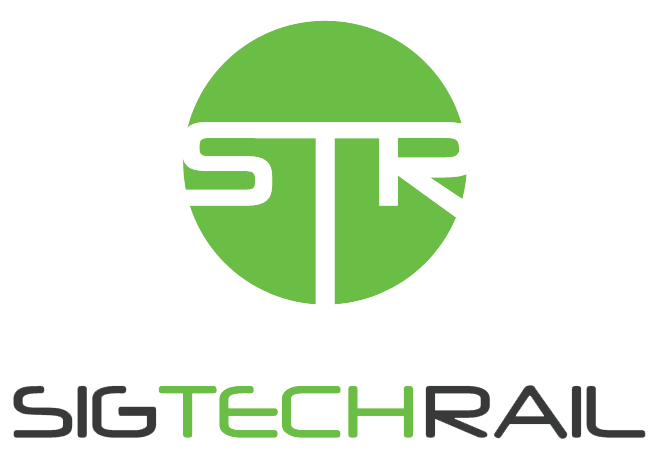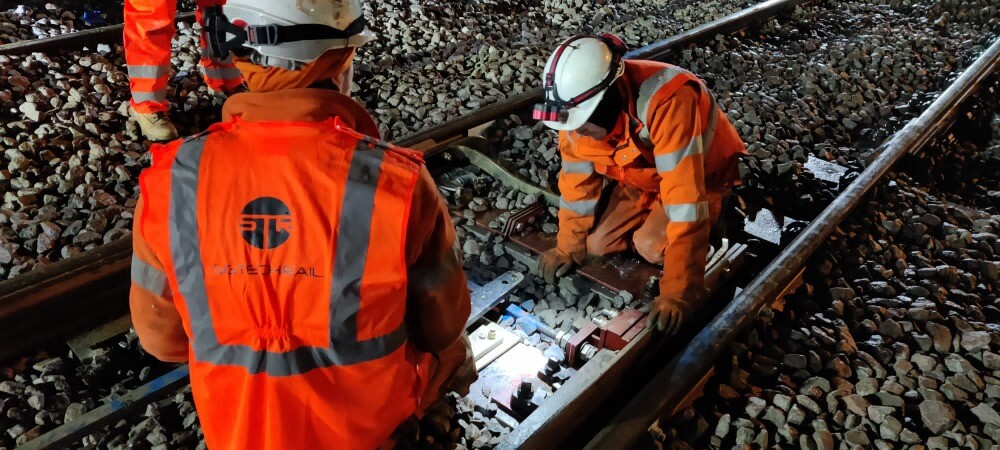Anne-Marie Trevelyan the new Transport Secretary is due to give a speech at the Conservative Party in Birmingham. However, the pressure is mounting as RIA – the Railway Industry Association has called upon the Government to provide detailed plans on any outstanding rail restructuring, major projects and rail enhancement plans. RIA also wants confirmation of the Government’s long term funding plans & for them to show complete visibility on what’s being planned in the industry. Indeed, it has been well over a thousand days since the Government last published its Rail Network Enhancements Pipeline (RNEP) plan which details improvements to the UK’s railways. This has left hundreds of rail businesses in the dark about upcoming rail projects. This lack of work pipeline visibility means that a number of SME’s are struggling to determine how they can keep their current workforce gainfully employed and how they will upgrade their skill sets to meet future demand. More importantly SME’s need to plan ahead especially if they are to continue to fund their businesses for growth and introduce new life blood in the form of Rail Apprenticeships.
Previously in a speech on growing the economy, Kwarteng announced plans to accelerate 138 new projects which included new roads, rail and energy & other infrastructure projects. These included Hinkley Point C, East West Rail, the Transpennine Route Upgrade, Midland Mainline Phase 3 and Cambridge South station.
The government previously said that projects “will be accelerated as fast as possible, aiming to get the vast majority starting construction by the end of 2023”. These projects may benefit from acceleration through planning reform, regulatory reform, improved processes or other options to speed up their development and construction, including through development consent processes.
The importance of this is highlighted by the fact that in 2021 it took 65% longer to get consent for major infrastructure projects than in 2012. Kwarteng originally emphasised “today our planning system for major infrastructure is too slow and fragmented.” He also added: “The time it takes to get consent for nationally significant projects is getting slower not quicker while our international competitors forge ahead. We have to end this.”
As such, in the coming months the government will bring forward a new Bill to unpick “the complex patchwork of planning restrictions and EU derived laws that constrain our growth.” This statement was welcomed by most SME’s who hope that this certainty will ensure rail has the funding it needs and that the potential for private investment is unleashed, meaning the industry will be able to do even more to generate economic growth.
In the meantime, RIA says that the Government can help by:
- Confirming the timing for Great British Railways (GBR) restructuring. The current ambiguity risks causing a hiatus in rail work.
- Publishing the Rail Network Enhancement Pipeline (RNEP). The Government said it would publish this pipeline of work every year, but it has been almost three years since the last iteration was made public.
- Confirm the timeline and scope of major projects. The uncertainty and speculation around projects such as HS2, East West Rail and Northern Powerhouse Rail damages confidence and jeopardises investment. The Government needs to provide clarity on the status of all elements of these projects.
- Confirm CP7 funding. The industry requires certainty on funding to invest long-term, up to the end of the decade, which is why the Government really needs to confirm the funding available for Control Period 7 (CP7) as soon as possible.
Commenting, RIA’s Chief Executive Darren Caplan said:
“UK rail is well positioned to support the Government in its mission to boost economic growth, with the industry contributing £43bn of GVA, supporting 710,000 jobs, providing £14bn in tax revenues to the Treasury, and generating £2.50 in the wider economy for every pound spent on the railway sector.
“But rail’s potential to deliver economic growth will be hampered by uncertainty and ambiguity if we do not get confirmation of the Government’s plans.
“As the new Transport Secretary Anne-Marie Trevelyan prepares to address the Conservative Party conference in Birmingham, we urge her and her colleagues in Government to provide the clarity the railway industry needs on Great British Railways, the Rail Network Enhancements Pipeline, major projects and long-term funding.
“By doing so, the Government would not only help to unleash the potential of rail to help drive economic growth, it would also provide a boost to connectivity and capacity, which the country is going to need in future if it is to link and level up communities across the UK”.





